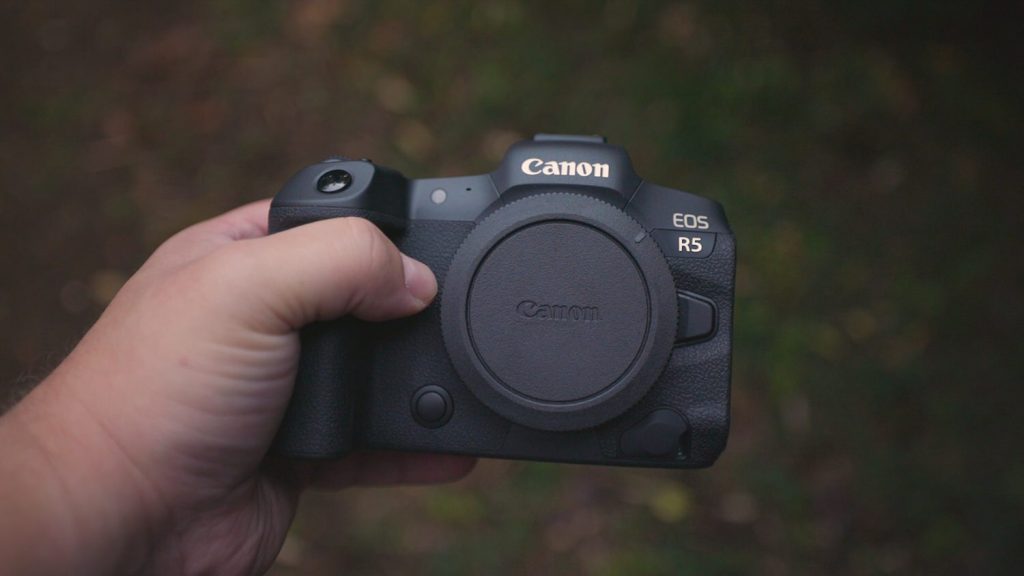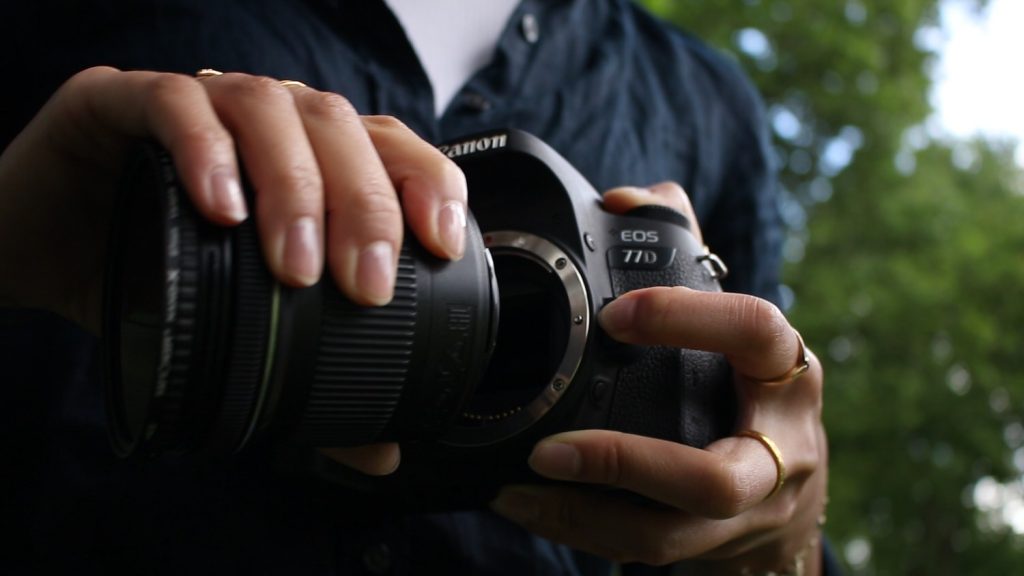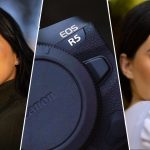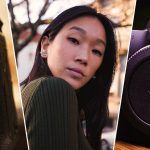
If you’ve considered starting to learn about photography or videography, you’ve probably asked yourself the following question: Which camera should I buy? What differentiates a $200 from a $5000 camera? Does my camera actually matter in 2023?
In this article we’re going to explore whether the price of a camera truly matters, and how you should decide which camera to buy as your first.
Does Price Matter?
First off, price does matter, but not in the way that you think. Many people will make the mistake of looking at photos taken with expensive cameras, and think ‘Well, of course, it’s an amazing photo, the camera and lens used cost $8000.’
Whilst it may be tempting to think that way, that’s not really how it works. Bear in mind that the most famous photos ever taken, were taken on cameras much simpler than anything you can buy today.
You see, you can actually make a parallel between cameras and cars. Really cheap cars will not be fun to drive, and they won’t be very fast, but they can get you from A to B. The higher you go in price, the better they are. This only applies up to a point though.
A $200,000 car will be faster than a $2000 car, but will a $2,000,000 car be ten times faster than the $200,000 car? Obviously not, so there is a point of diminishing returns.
What you do get with the more expensive car is luxury, and an easier time driving the car. You also get to meet other successful people who have similar cars, so you can network.
A similar concept can be applied to camera as well. A $5000 camera isn’t going to be 10 times better than a $500 camera. In fact, once you hit the $2000 mark, you’ll start seeing some real diminishing returns.

My Camera
For example, my main camera is the Canon R5, which is a very expensive camera. I mostly use it with the Canon RF 15-35mm f2.8 L IS USM lens, which is also a very expensive lens.
Now, I could achieve a similar level of quality with a Canon R for example, with the same lens. The difference is that the R5 just makes my life a lot easier, whilst also having certain advantages.
The main one is that it can shoot at 120fps in 1080p and 4K. With an R, I’d have to fake the 120fps, as it can only do 60fps, which can sometimes look a bit sketchy, and it’s also very time consuming.

Saving Time
With each video that I make, if I spend 30-45 minutes faking the 120fps, the time would add up, so that over time, I’m paying that different in price anyway.
With the R5, I just shoot in 1080p at 120fps, the camera slows it down for me, I pop the SD card out, slide it in the SD card slot on my MacBook Pro M1 Max, copy the files over, and I can get to work.
The R5 obviously also has a nice big sensor, and the autofocus is literally world class. Since I run a business, and I make money from YouTube, and this website, it just makes a lot more sense for me to spend the money upfront, and save a lot of time in the long run.
When you also add the fact that the camera is a tax deduction, it makes even more sense to spend the extra money.

What I Started With
The camera that I started my channel with was the Canon 77D, with an 18-55mm kit lens, and that was sufficient to produce quality images and videos, that have attracted nearly 3 million views to my channel, as of writing this article.
That kit was obviously enough to start off with, but as the channel grew, I wanted to reinvest my money into it, buy gear that will indeed produce better results, but that would mostly be far more convenient to use, thus giving me more time to invest in the business.
In terms of networking, if I’m walking around, and I see someone with an expensive camera, if I also have one in my hand, I can just walk up to them and chat for a bit. If they see me walking towards them empty handed, they’ll be on guard, but since I’m also holding a pro camera in my hand, that’ll be my ticket in, like with the expensive car.
Conclusion
So in conclusion, the reason why I purchased a really expensive camera is for the extra bit of quality, but mostly for the convenience, and the ability to meet other creative people who are doing well in the field.
If you’re just getting started, it really doesn’t matter what camera you buy. No camera that costs $200 is going to be perfect in any way, so you might as well jump in, and figure things out on the fly.
The one thing I will note, is that you need to make sure the camera is not too old. Basically, make sure it takes an SD card, otherwise you might have the unfortunate surprise of the camera arriving, and realising that it takes an old CF card. At that point, you’ll have to buy an adaptor and flash cards, thus potentially putting you over your budget.
Recommendations
I hope this has been helpful. I invite you to have a look at some of my other articles. We have something for everyone, whether you’re interested in audio, or cameras and lenses. Alternatively, if you prefer video reviews, feel free to have a look at my YouTube channel.



